Fall 2011 - any Winter Moths yet?
claireplymouth z6b coastal MA
12 years ago
Related Stories

GARDENING GUIDESGarden Myths to Debunk as You Dig This Fall and Rest Over Winter
Termites hate wood mulch, don’t amend soil for trees, avoid gravel in planters — and more nuggets of garden wisdom
Full Story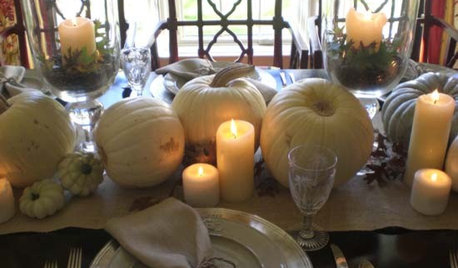
Hurricanes Turn Candles Into Elegant Fall and Winter Décor
Add height to a centerpiece or vignette with the glow and shine of these tall glass candleholders
Full Story
UPHOLSTERYFabric Focus: Cozy Up to Fall and Winter With Wool Decor
Environmentally friendly, durable and insulating, wool is an all-around good pick for home furnishings
Full Story
BEDROOMSGuest Picks: Make Your Bedside a Soothing Yet Useful Space
Set a romantic tone with vintage-style clocks, a textural carafe and nature-inspired accessories on your nightstand
Full Story
LIFESimple Pleasures: A Long Winter’s Nap
This time of year we can always use a little extra rest. Make it easy with these ideas for daytime napping
Full Story
FALL AND THANKSGIVINGSimple Pleasures: A Cozy Home in Cold Weather
Stock up on these treats and essentials to make even blustery days and snowed-in time feel special
Full Story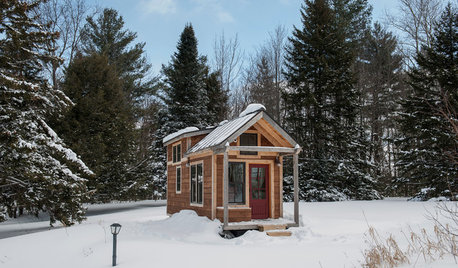
MOST POPULARHouzz Call: Show Us Your Winter View!
Share pictures of your home and garden in winter — whatever your climate, architecture and plantings
Full Story
DECORATING GUIDESTake the Chill Off With Cozy Winter Textures
Stay warm this fall and winter with your favorite applications of velvet, wool and knits and plenty of woodsy accents
Full Story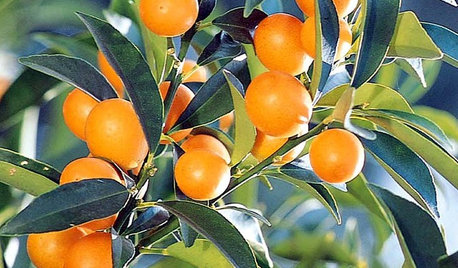
GARDENING GUIDESGreat Design Plant: Kumquats for a Juiced-Up Winter
Grow it for the edible fruit or its good looks alone. This citrus cousin will brighten any gray winter day
Full Story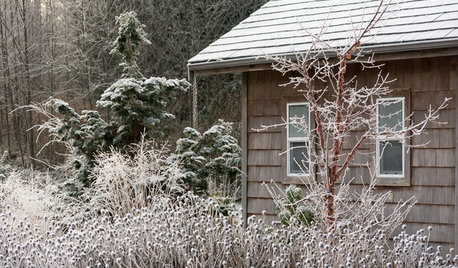
WINTER GARDENINGLook Beyond Plants for a Wonderful Winter Garden
Use sculptures, fences and other structures to draw the eye to a bare-bones landscape
Full StoryMore Discussions






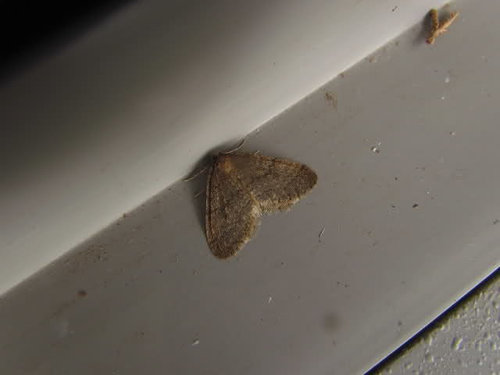
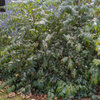

mayalena
pixie_lou
Related Professionals
Windham Landscape Architects & Landscape Designers · Lakewood Landscape Architects & Landscape Designers · Canton Landscape Contractors · Bergenfield Landscape Contractors · Edwardsville Landscape Contractors · Ellicott City Landscape Contractors · Olympia Landscape Contractors · Tavares Landscape Contractors · Weslaco Landscape Contractors · Yuba City Landscape Contractors · 07920 Landscape Contractors · Dracut Decks, Patios & Outdoor Enclosures · Grain Valley Decks, Patios & Outdoor Enclosures · Greeley Decks, Patios & Outdoor Enclosures · Highland Decks, Patios & Outdoor EnclosuresMarie Tulin
claireplymouth z6b coastal MAOriginal Author
ginny12
pixie_lou
claireplymouth z6b coastal MAOriginal Author
claireplymouth z6b coastal MAOriginal Author
pixie_lou
claireplymouth z6b coastal MAOriginal Author
claireplymouth z6b coastal MAOriginal Author
pixie_lou
bfrederick
claireplymouth z6b coastal MAOriginal Author
diggingthedirt
claireplymouth z6b coastal MAOriginal Author
jardinista
claireplymouth z6b coastal MAOriginal Author
claireplymouth z6b coastal MAOriginal Author
pixie_lou
claireplymouth z6b coastal MAOriginal Author